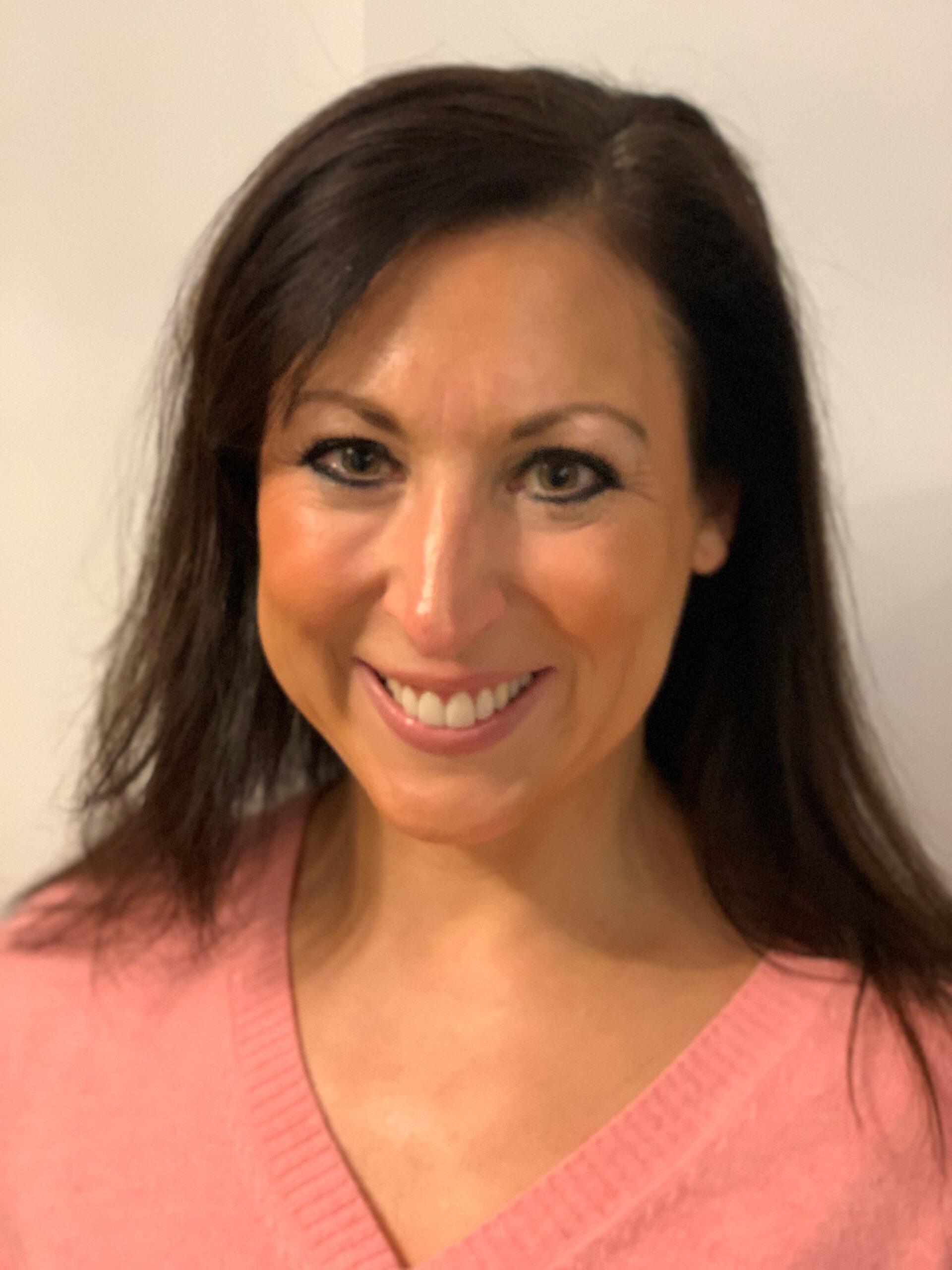
Becky Jupp joined University Hospitals Dorset in January 2010 as a consultant physician, specialising in stroke and geriatric medicine – in particular patients who had suffered suspected transient ischaemic attacks – a mini stroke caused by temporary disruption in the blood supply to the brain.
Although she has only been using the Dorset Care Record (DCR) for a few months, she finds it extremely useful in clinic as the shared care record often has a fuller patient picture than the GP notes. Patients coming to clinic often are unsure of past and present medications and having a full picture of their history is particularly useful, especially if it’s necessary to alter the medication.
She finds the shared care record really intuitive, easy to use and believes having the information at the touch of a button, direct from UHD’s Electronic Patient Record (EPR), means that she can spend more time talking to the patient discussing their health rather than looking or chasing up further additional information.
“The encounters and summary sections in the DCR are very helpful as it is really important with suspected strokes that I know what medication they are on,” she said.
As well as using the DCR for her patient clinics, Becky also uses the shared care record in cases where people are brought to hospital by paramedics having had a suspected stroke.
“For example, I might need to reverse some medication if they have had a haemorrhagic stroke. Paramedics attending the patient will have some details but often a huge amount of information is not immediately visible.”
A haemorrhagic stroke occurs when a weakened blood vessel ruptures and the patient is often unable to speak.
Becky finds the DCR especially useful in the first 24-48 hours after a stroke patient has been admitted to the emergency department as she can see exactly the medicines being provided and can treat the patient accordingly. In the past, she would have telephoned the GP adding to their already significant workload.
With 20% of her patients coming from neighbouring Hampshire and the Isle of Wight, she is looking forward to the day when there is seamless interoperability between the Hampshire system (Care and Health Information Exchange) and the DCR.
“The DCR is so important to me now – I use it for every patient interaction –both for outpatients and the first 48 hours of all my inpatients” she added.
Ends


